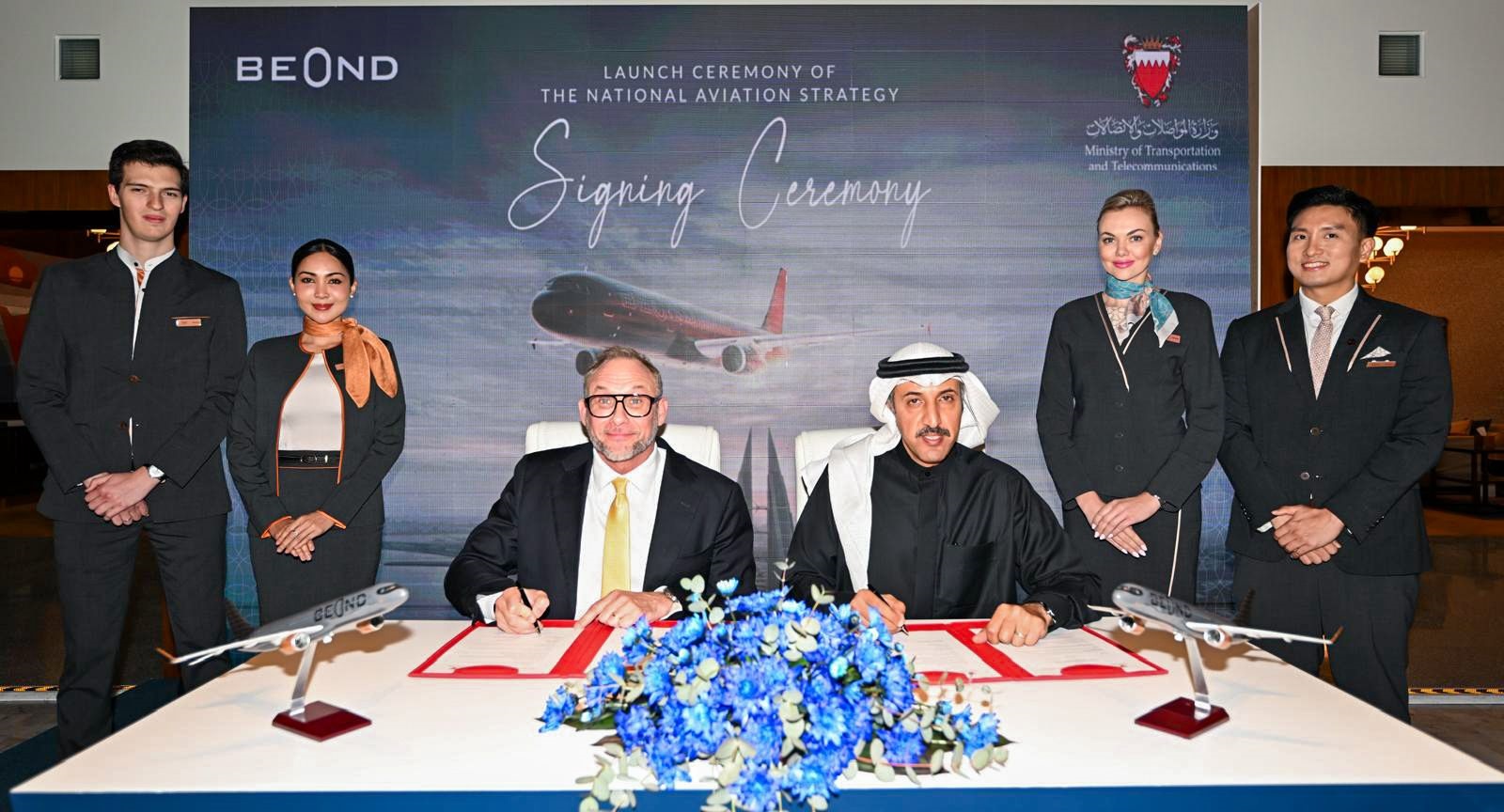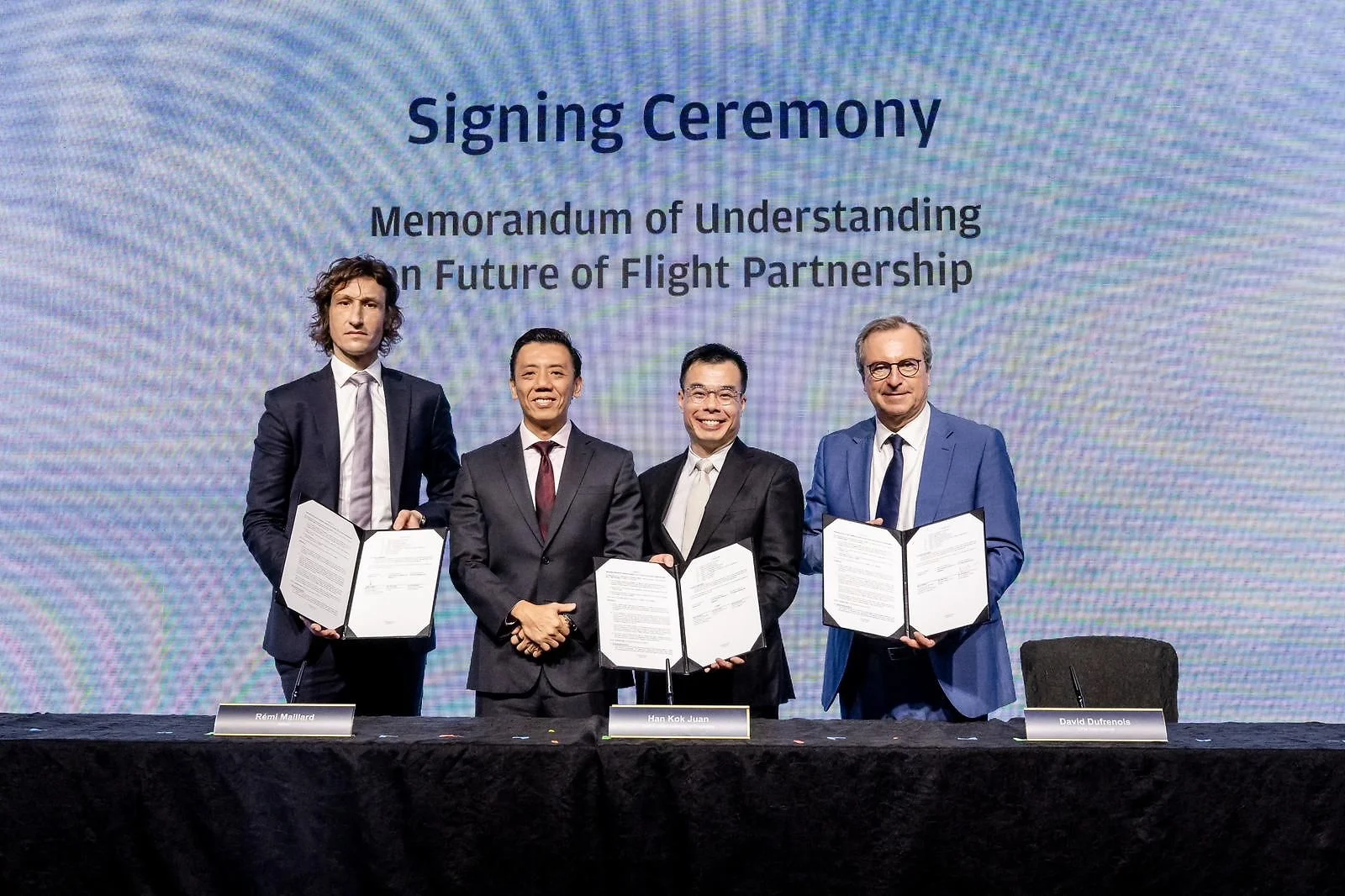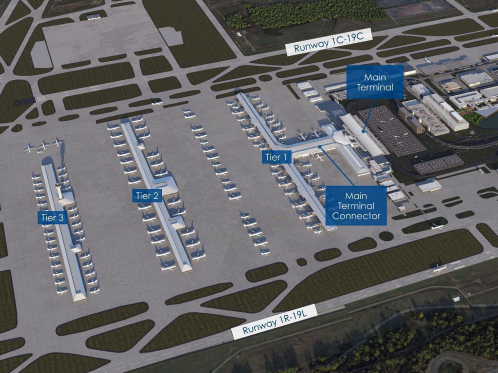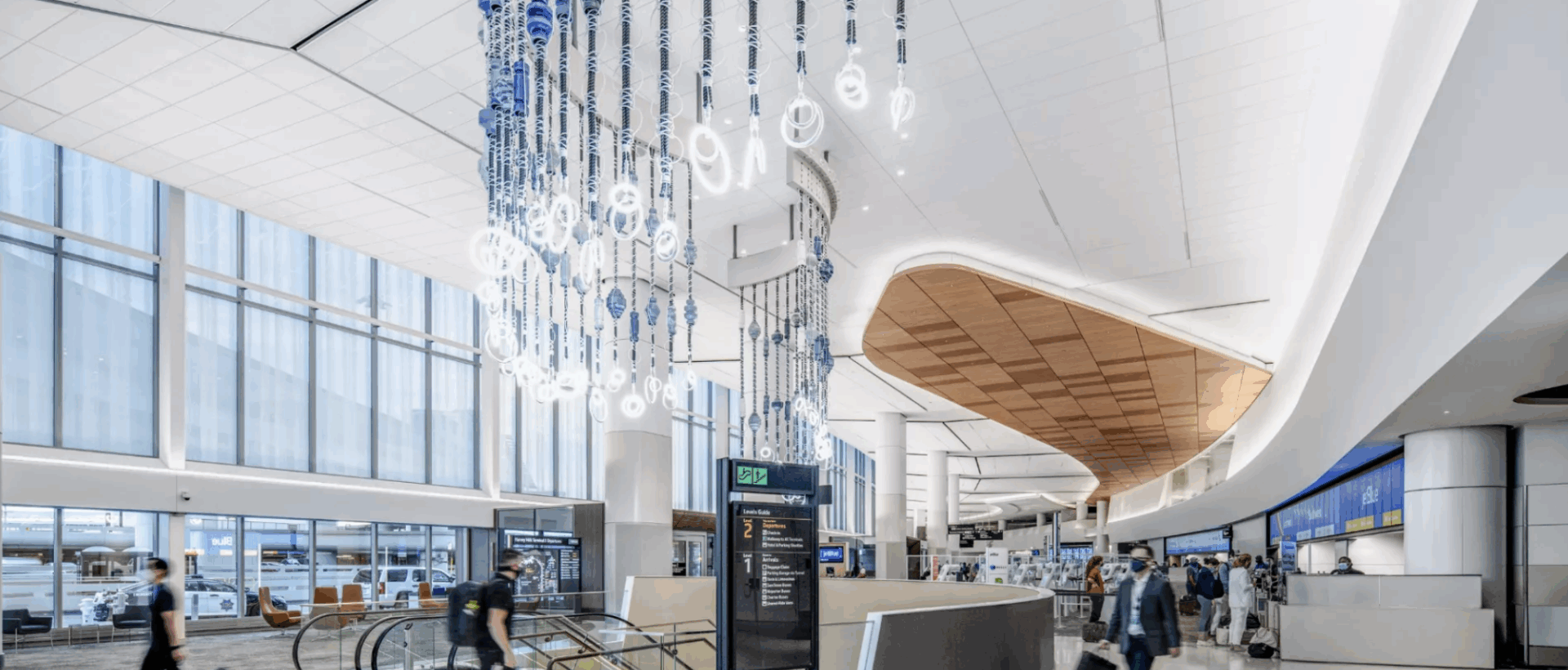Pittsburgh International Airport (PIT) and BioFlyte have announced a five-year joint marketing agreement to advance the use of threat detection technology in aviation.
This collaboration marks the first airport deployment of technology that can detect fentanyl, anthrax, ricin and more in under 10 minutes.
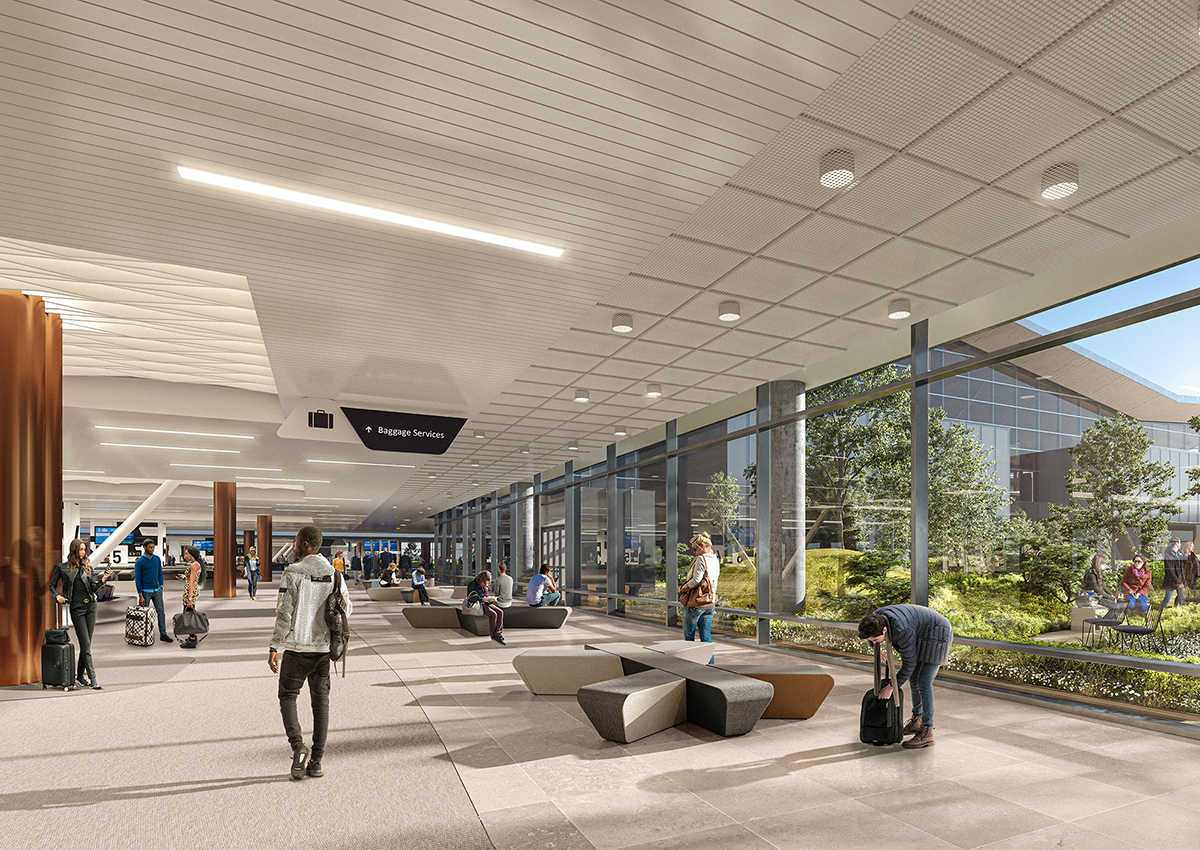
BioFlyte specialises in chemical and biological aerosol detection. The collaboration focuses on promoting the use of its BioTOF® z200 mass spectrometer technology in aviation environments to support public safety and critical infrastructure protection.
The BioTOF® z200 system is designed for early-stage threat detection and identification, with capabilities across a broad spectrum of airborne chemical and biological agents. According to BioFlyte, the system can identify threats such as bacteria, viruses, biotoxins (including anthrax and ricin) and pharmaceutical-based agents like fentanyl.
The detection process, from collection to identification, typically takes between five and ten minutes, enabling timely responses by safety and security personnel.
Travis McNichols, Chief Operations Officer at Pittsburgh International Airport said:The Pittsburgh region is recognised globally as a technology innovation hub and the airport is a major part of that. This agreement underscores PIT’s commitment to staying at the forefront of aviation security and innovation.
The partnership builds on the existing deployment of BioFlyte’s technology at PIT, where it was installed in September 2023 through the airport’s innovation hub, xBridge. xBridge provides a real-world environment for emerging technologies to be tested within airport operations. The deployment marked the first use of BioFlyte’s system in an airport setting and served as a proof of concept for its performance under operational conditions.
As part of the agreement, PIT will support industry demonstrations, contribute to public awareness efforts, and act as a reference site for the technology. The partnership aligns with the airport’s broader strategy of integrating innovation into its operations, particularly in areas related to safety, security, and infrastructure resilience.
Todd Sickles, CEO of BioFlyte said:The strong demand we are experiencing in the airport segment is largely a result of the early work we conducted with xBridge, where we validated our technology’s reliability, performance, and total cost of ownership. We look forward to the next phase of our partnership where PIT’s technology leadership and operational familiarity with our solution will accelerate our market penetration and help us to provide other airports with enhanced biological and chemical threat detection capabilities.



